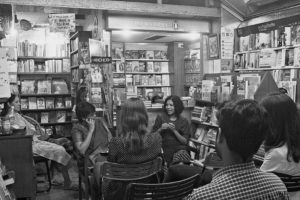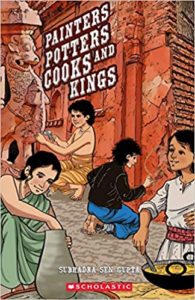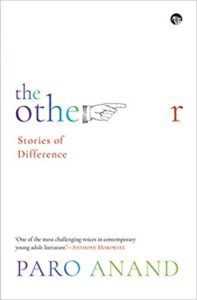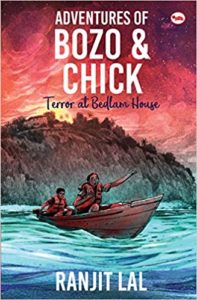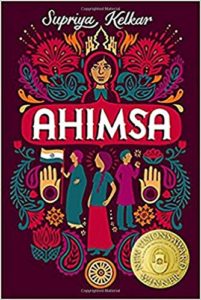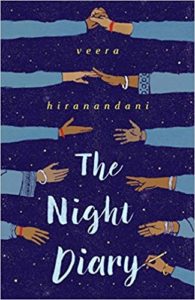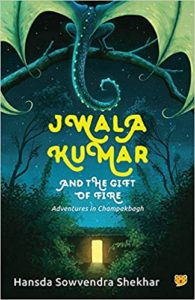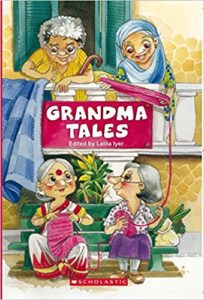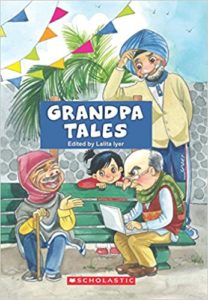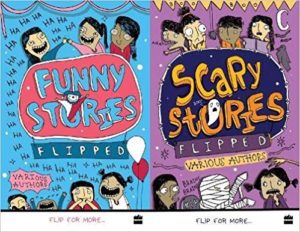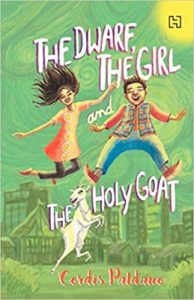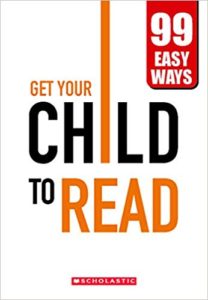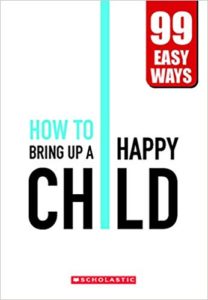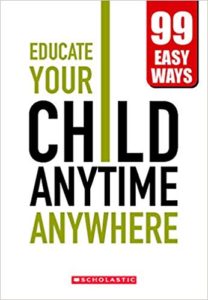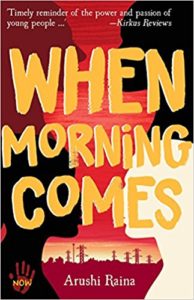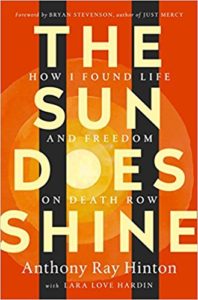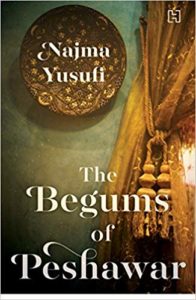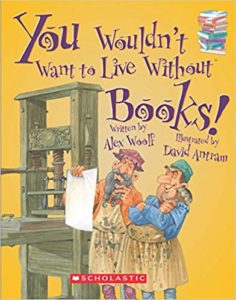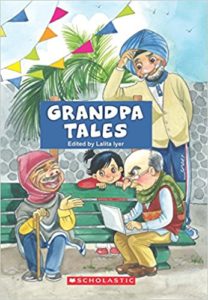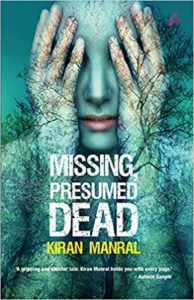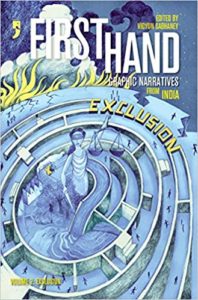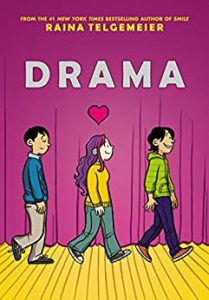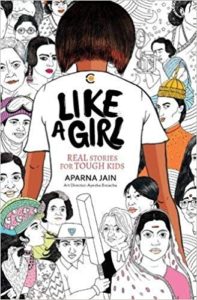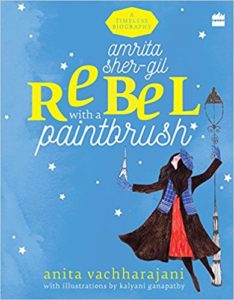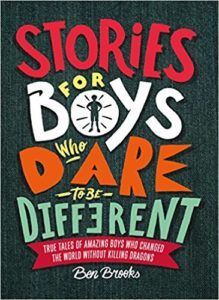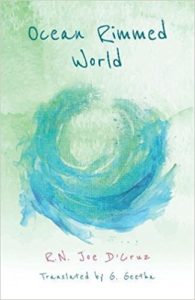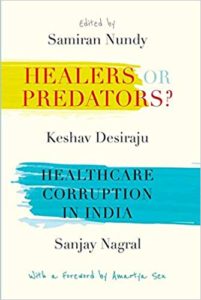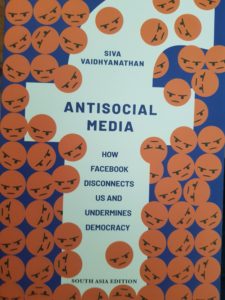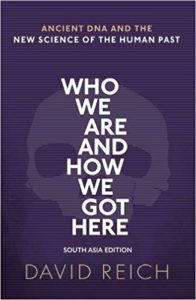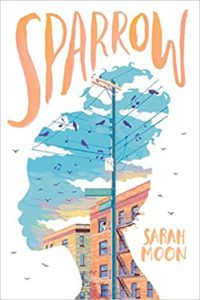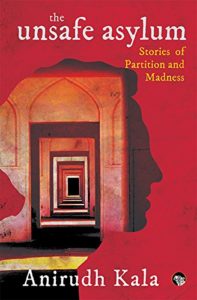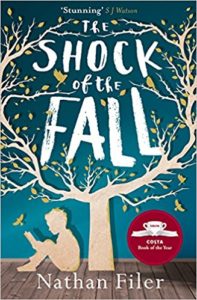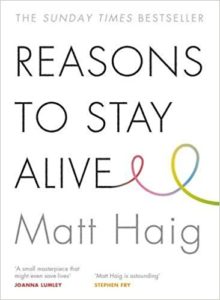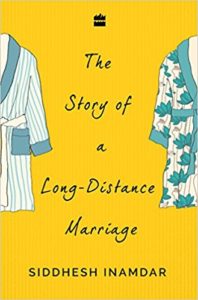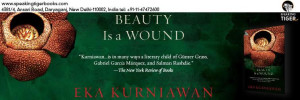Shubhangi Swarup “Latitudes of Longing”
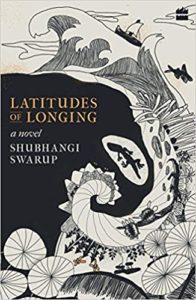 Former journalist Shubhangi Swarup’s debut novel Latitudes of Longing is a plot spread across a few decades, loosely held together by some characters particularly the scientist Girijia Narain Mathur. The novel is a tramp through different climatic belts and geological formations while firmly remaining within the latitudes that define the subcontinent. It is also a walk through time and political upheavals in India and Burma. While the reader is a mute spectator to the events, it is fairly obvious that a man’s lifespan is just a blip if the forces of Nature are to be considered. The book is divided into four sections with each section focused on a different part of the subcontinent; beginning with the Andaman Islands, then Burma, Nepal and finally, Ladakh. There are a handful of characters but it is Giriraj Narain Mathur who remains a steady presence throughout, even after death. This is a novel which is a mix of fact, fiction and generous dash of magic realism so there are plenty of ghosts, or colonial ghosts as the author loves to refer to them. ( She first researched the colonial ghosts of Andaman islands in 2011.)
Former journalist Shubhangi Swarup’s debut novel Latitudes of Longing is a plot spread across a few decades, loosely held together by some characters particularly the scientist Girijia Narain Mathur. The novel is a tramp through different climatic belts and geological formations while firmly remaining within the latitudes that define the subcontinent. It is also a walk through time and political upheavals in India and Burma. While the reader is a mute spectator to the events, it is fairly obvious that a man’s lifespan is just a blip if the forces of Nature are to be considered. The book is divided into four sections with each section focused on a different part of the subcontinent; beginning with the Andaman Islands, then Burma, Nepal and finally, Ladakh. There are a handful of characters but it is Giriraj Narain Mathur who remains a steady presence throughout, even after death. This is a novel which is a mix of fact, fiction and generous dash of magic realism so there are plenty of ghosts, or colonial ghosts as the author loves to refer to them. ( She first researched the colonial ghosts of Andaman islands in 2011.)
On Monday, 22 October 2018, I was in conversation with Shubhangi Swarup at The Bookshop, Jorbagh, New Delhi. Shubhangi Swarup is soft spoken but when it comes to describing the Panagea or the geological formations of the subcontinent she begins to speak animatedly. It excites her knowing that man is just a tiny being in this vast cosmos, geological formations are a testament to how long earth has been around. Or for that matter the landmass called India we take for granted is still in the process of formation with the tectonic plates constantly hitting each other to push the Himalayas higher and higher. Years of being a journalist and an activist have ensured that her first novel has innumerable incidents with plenty of backstories. At the beginning of the evening when being called upon to read an extract from her book, “I am not a performer!” but soon caved in and read a short piece about the drug smuggler in Thamel, Nepal.
Latitudes of Longing has been seven years in the making. While writing the book she also filed several articles and inevitably did stories that would help her travel in the areas she wished to research further for her book. There are portions in the book that seem heavily inspired by folklore. Whether it is the shapeshifting turtle or the appearance of Yeti or even the creation myth that Giriraj churns out to explain to his daughter Devi how she was conceived:
‘Where did you find me, Papa?’ she will ask, mildly annoyed by his grip. ‘Why did you bring me home?’
Girija Prasad will weave a story from the embers of twilight to pacify her. ‘It was a beach just like this, an evening just like this, when your mother and I came across an empty bottle, half-buried in the sand. We opened it to find a note inside: Please put all the ingredients of your dreams in this bottle and shake vigorously. And so we did. Using a prism, I trapped sunlight in the bottle. I closed it with a cork and shook it vigorously for hours. Then your mother opened it. She took a deep breath and exhaled into the bottle. That was your first breath.’ For the ingredients, Girija Prasad will concoct a fantastical list to arrest her wandering imagination: golden sands from the dunes of Rajasthan and white sands from Havelock Island; shreds from the swiftlet’s nest and petals of a fuschia pink rose; a piece of bark from the oldest padauk tree on the islands; ash blessed by the riverbank baba; a crocodile’s tooth, an elephant’s eyelash; and drops of the monsoon mingled with Himalayan snow.
Shubhangi Swarup’s reliance on folklore and local storytellers who could tell her neverending stories comes through stupendously in the story. Once she met an 8yo shepherd who was legendary in his village for the stories he told, mostly to entertain himself. He is like an intellectual jukebox. According to Shubhangi “You give him the elements you want to hear in a story and he immediately sets off. At some point he has to be told ‘enough’ and he switches off leaving the tale hanging in the air for the next time.” There are moments of pure beauty in the language used that seem to come from some place else, of having withstood time and developed a life of their own and found a place in this story. Whether it is that of the shape-shifting turtle or the Yeti that comes visiting and many other instances.
In her obsessiveness with faultlines and geological formations Shubhangi manages to weave a story across various geographies. In fact many of the episodes in her novel can be directly linked to a story she wrote as a journalist. For this she had a very valid explanation as in that she required to do the research but did not always have the necessary resources to undertake the trip. Being a journalist travelling on a story helped her tremendously. It is no wonder that Latitudes of Longing was on the JCB Prize 2018 shortlist. After this impressive debut many readers will await Shubhangi’s second offering but it will probably be some time in the making as she said “She has nothing on the cards for now. It has been seven years to write this book.”
Till she does opt to write, we will wait.
To buy on Amazon India
26 October 2018

